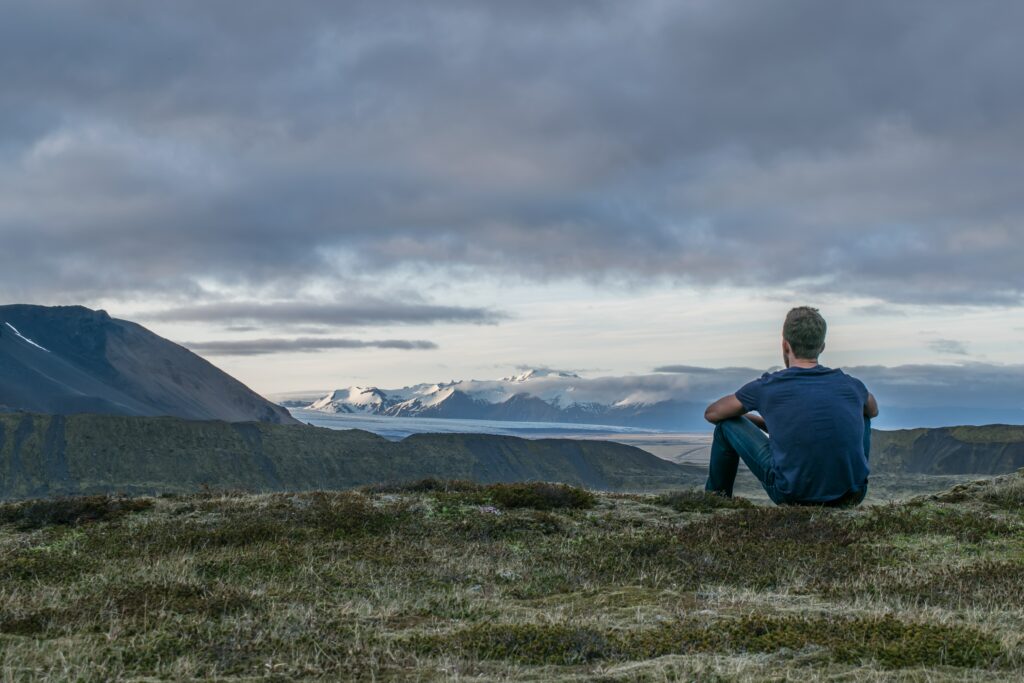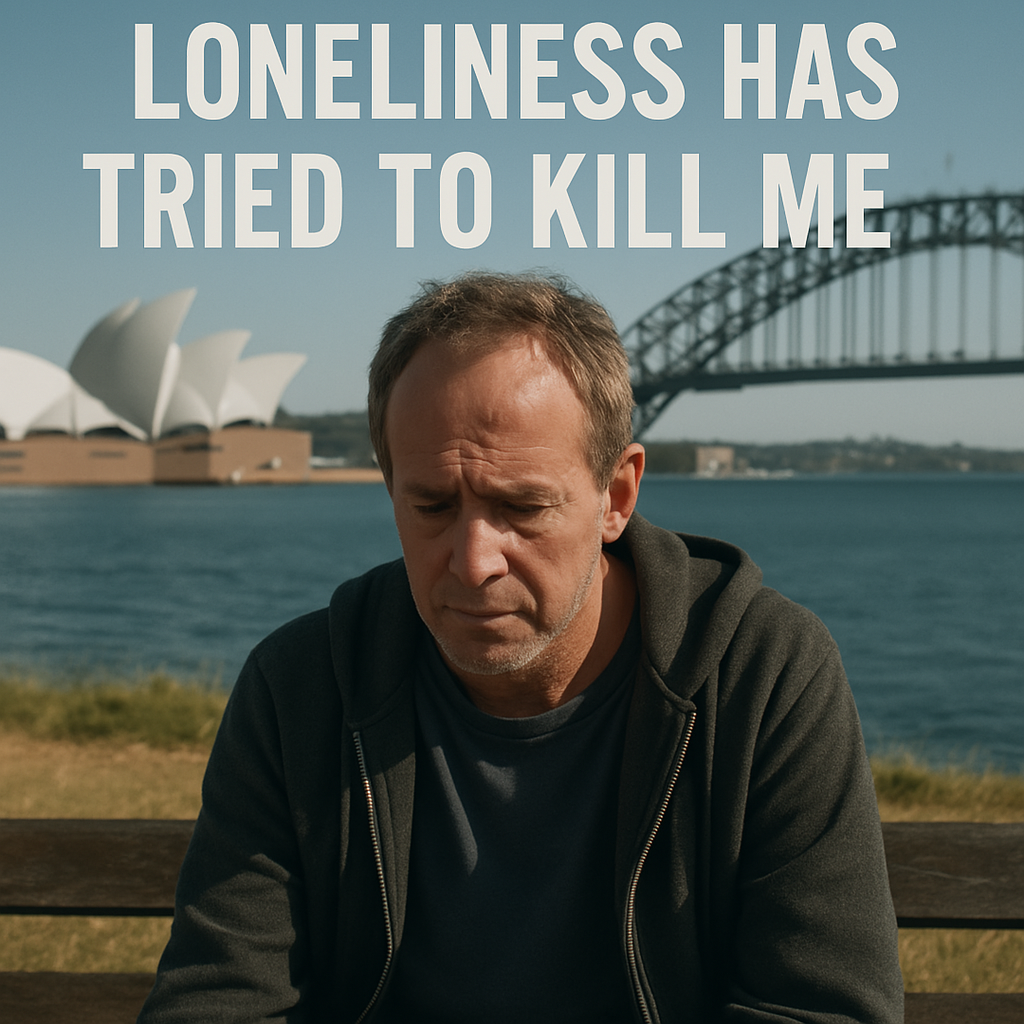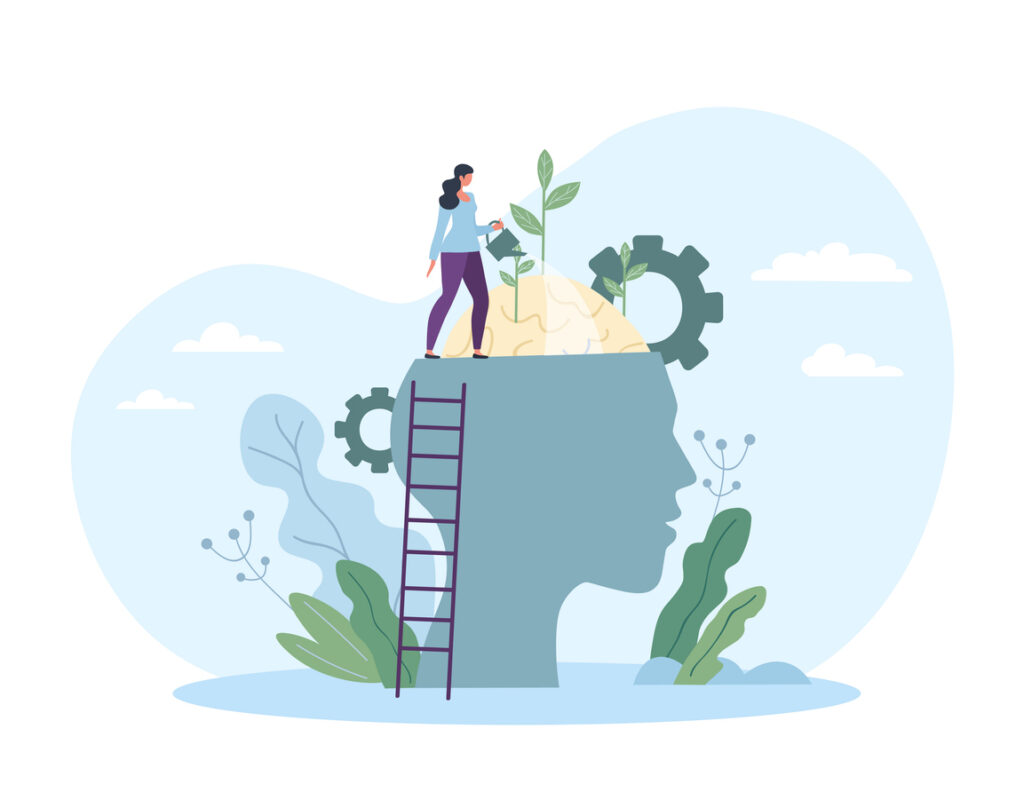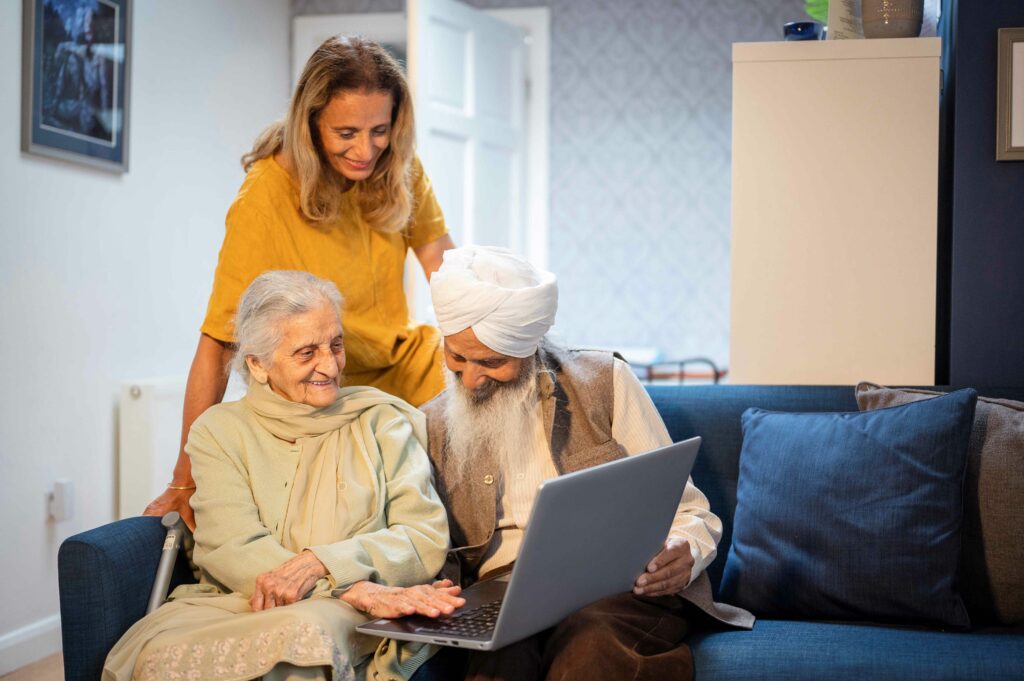Loneliness in autistic adults

Dr Kana Umagami, Honarary Research Fellow at UCL, shares insights from her PhD research on loneliness in autistic adults which specifically examined measurement tools and lived experience.

Towards a better understanding of loneliness in autistic adults
I am neurodivergent myself (autistic and ADHDer), and this PhD research was inspired by my personal experiences of being different in the world where people appreciate conformity. For details, please see page 20-27 of my thesis: Towards a better understanding of loneliness in autistic adults: examining measurement tools and lived experiences
What is autism?
Since the first time autism was described by Leo Kanner and Hans Asperger in 1940s, there has been the tendency that autism is described as an ‘impairment’ or ‘disorder’ that needs treatments (the medical model of disability). However, I view autism as a difference in how people perceive, process and react to the world, not a disorder (the social model of disability), and consider autism as a variation of human diversity (neurodiversity). This means that I encourage society to make accommodations for autistic people instead of normalising autistic people.
Why is loneliness in autistic adults important to explore?
Partly because there are no physical indications of autism, many autistic people struggle to be understood and accepted by others. Historically, it had been thought that autistic people do not have a desire for social connection and instead show a preference for aloneness.
Nonetheless, recent research and first-hand accounts of autistic people have shown that autistic people are vulnerable to stigma or discrimination that is associated with loneliness.
What did I do in my research?
I had four studies in my research:
- A systematic review (Umagami et al., 2022)
- A mixed methods study examining measures to assess loneliness (preparing for publication)
- A qualitative study exploring lived experiences of loneliness (preparing for publication)
- A mixed methods study investigating lived experiences of loneliness before and in the early stages of the COVID-19 pandemic.
What is unique about autistic adults’ experiences of loneliness?
Autistic adults’ experiences of loneliness centre around the internal conflict between their desire for connections and difficulties in realising their desire, which leads to loneliness. Autistic adults often experience multiple challenges in social settings that are built on the non-autistic majority’s terms and they therefore experience exhaustion from social interactions. As a result of such challenges and/or the need to rejuvenate from exhaustion, autistic adults sometimes avoid social interactions. Ironically, this avoidance may lead to loneliness, despite a desire for connection.
My research found that autistic adults experience meaningful relationships with significant others like a parent, partner, or pets, and with similar others, such as autistic people or others with the same hobbies. Loneliness in autistic adults appears to be underpinned by a lack of societal understanding and acceptance of autism, as well as a lack of shared understanding and experiences.
What can be done to alleviate loneliness among autistic adults?
I found that it is important for autistic adults to learn to accept autistic differences to help alleviate loneliness. This acceptance can be gained by connecting with significant others and/or similar others. Such connections may be made and maintained with one person, such as a parent, partner, pets, or those online.
Secondly, I found that society needs to make adaptations, adjustments, and be more understanding towards autistic adults to alleviate loneliness. For example, society could strive to remove sensory barriers in social environments, such as making online options available, or foster a better understanding and acceptance of autism.
Notably, reducing the barriers in social interaction requires the cooperation of non-autistic people.
What are the future directions?
To me, practicality is crucial in research. Research needs not only to improve the knowledge but also to make positive changes for autistic people.
In my thesis, I have made some suggestions for alleviating loneliness in autistic adults to build bridges between research and practice, such as social prescribing. For further details, see p. 254-265 of my thesis.
Following my PhD, I have established my startup, Valtameri for advocacy and support for autistic people and their families. While it has been a while since I first became passionate about autism advocacy, support and research, my longest passion has been classical ballet which I have practiced since the age of three. I am now teaching inclusive ballet classes where I embrace diversity including neurodiversity, such as online options.





Thanks for sharing this research Kana. Working out how to better support people with autism is so important.